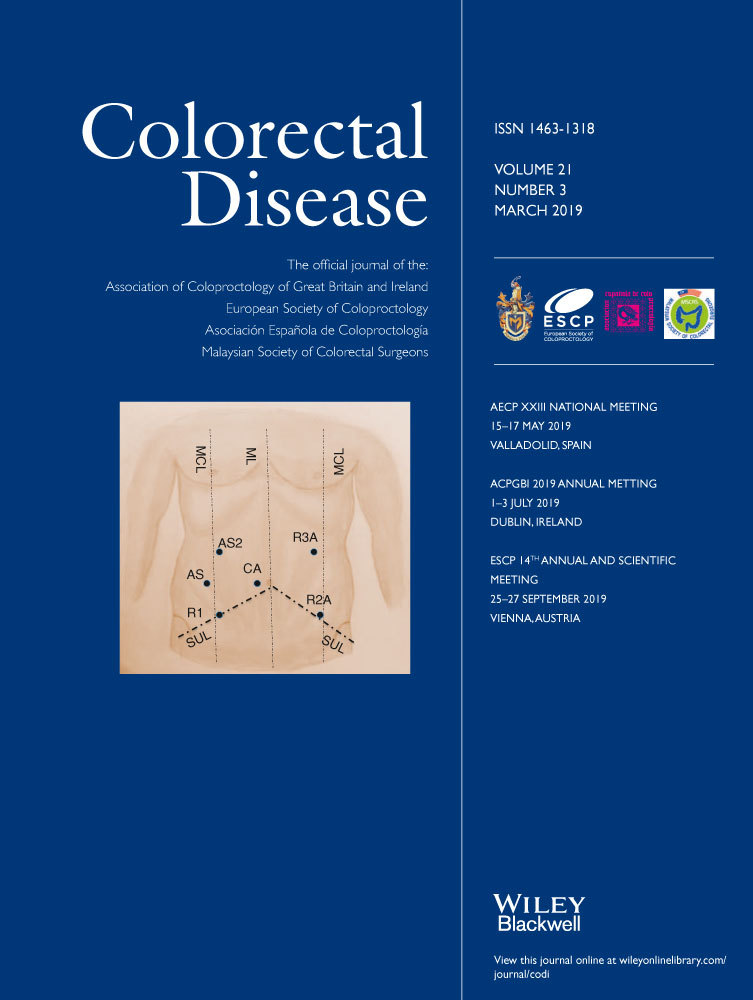Acute lower gastrointestinal bleeding: are STRATE and BLEED scores valid in clinical practice?
Abstract
Aim
Acute lower gastrointestinal bleeding (ALGIB) is a common gastroenterological emergency. Despite this, outcomes are difficult to predict. Only STRATE and BLEED scores are readily available. The aim of this study was to identify risk factors for severe ALGIB and access the validity of available scores.
Methods
Emergency consecutive admissions for ALGIB in the last 7 years were retrospectively reviewed. Severe ALGIB was defined as transfusion of ≥ 2 units of blood and/or a haematocrit decrease of ≥ 20% within the first 24 h and/or recurrent bleeding after 24 h of stability. STRATE and BLEED scores were calculated and concordance between score and respective severity outcome was accessed.
Results
A total of 132 patients were identified. Bleeding presented as haematochezia in 94.7% and was severe in 36.4% of cases. ALGIB was significantly more severe in patients with lower systolic (P = 0.02) and diastolic blood pressures on admission (P < 0.01), lower admission haemoglobin (P < 0.01), diverticular bleeding (P < 0.01), angioectasias (P = 0.02) and radiation colitis (P < 0.02). Severe ALGIB was associated with admission intermediate care units (P < 0.01), increased length of stay (P < 0.01) and volume of blood transfused (P < 0.01). We identified no significant association between outcomes with either the STRATE (P = 0.72) or BLEED scores (P = 0.05).
Conclusions
Severe ALGIB is associated with greater length of stay, volume of blood transfusions and admission to greater level of care units. In our cohort, STRATE and BLEED scores were poor predictors of outcome.
Conflicts of interest
Sofia Xavier, Firmino Machado, Joana Magalhães and José Cotter hereby declare that they do not have any conflict of interest (including but not limited to commercial, personal, political, intellectual or religious interests) related to the work submitted herein.




